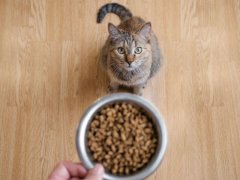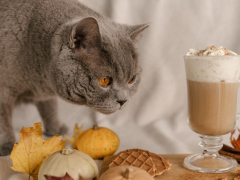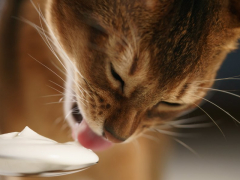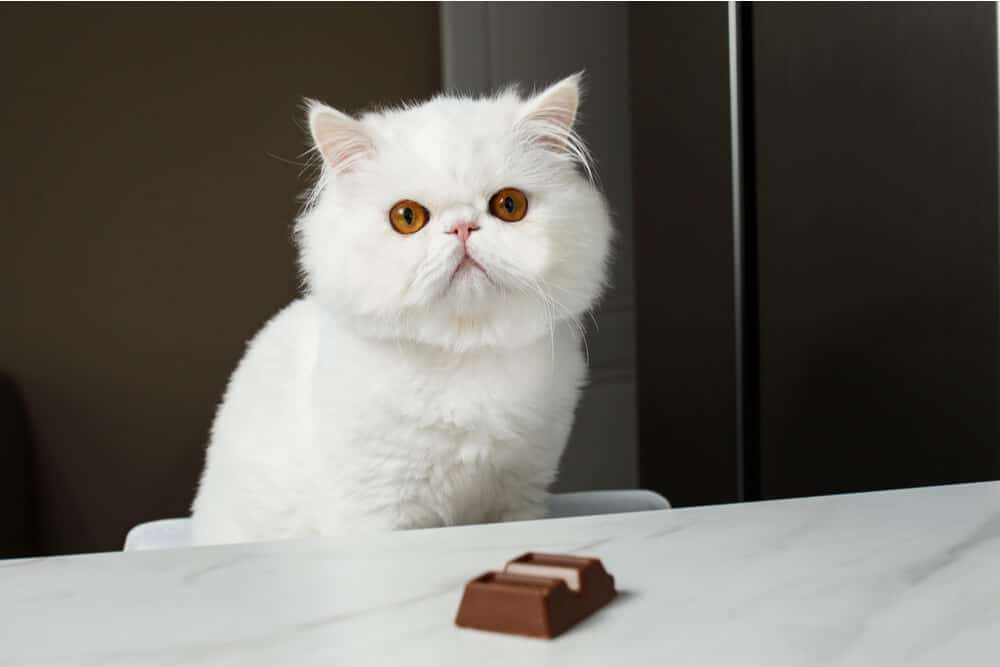
Being owners of cats means that we are too familiar that proper nutrition is essential for our feline friends’ overall health and well-being. Occasionally, (and with a glint in their eye) we give in to treating our cats. But…can cats eat chocolate?
It is much more common to hear stories of dogs getting ill from accidental chocolate ingestion, however chocolate can also pose a serious health risk to cats. Chocolate is poisonous to cats and can cause serious harm, so it is not good for cats to eat chocolate.
Is Chocolate Bad for Cats?
Chocolate contains ingredients called theobromine and caffeine, which are toxic to cats, if consumed in large enough quantities. The theobromine absorbs much more slowly in cats then it does in us, so even a small amount of chocolate can be toxic to a cat.
Also Read: 11 Toxic & Poisonous Plants for Cats
What To Do if Your Cat Eats Chocolate?
Should you suspect your cat has eaten chocolate, watch out for any of the following symptoms:
- Restlessness
- Vomiting
- Diarrhoea
- Rapid breathing
- Increased heart rate
- Heightened temperature
- Seizures
- Muscle rigidity
If you notice any of these symptoms in your cat, contact a veterinary surgeon immediately.
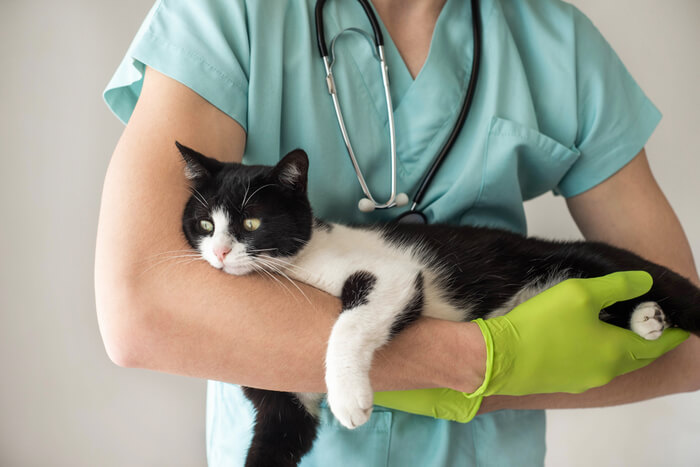
If you notice symptoms of illness, contact a veterinarian as soon as possible.
If you catch your cat in the act of eating chocolate, take them to a vet as soon as possible. If caught early enough, a vet can induce vomiting to try ridding the toxic element from your cat’s system before it builds up.
Your cat may naturally vomit after eating chocolate, but do not try to make your cat vomit at home without the advice of your veterinary surgeon.
Seeing your cat unwell can be a stressful time, but it is great to give the veterinary surgeon as much information as possible like how much, and what kind of chocolate your cat has consumed: saving the wrappers or packets can useful for this, as when you take your cat to the veterinary practice, any packaging will be useful to know the concentration of the chocolate.
Knowing your cat’s size and weight will also be helpful when speaking with a vet over the phone: this is a useful way of assessing the risk to your cat.
Once at the veterinary practice, the vet will perform several tests, including a physical exam and blood tests. They may also conduct an ECG (heart test) to determine whether there are any abnormalities in your cat’s heart rate. One side-effect of chocolate is an increased heart rate.
Should your cat be showing signs of chocolate poisoning, your veterinary surgeon will provide them with symptomatic treatment, such as IV fluids, and should the liver become affected, your cat will also be treated for liver disease.
How To Protect Your Cat From Chocolate in the Home?
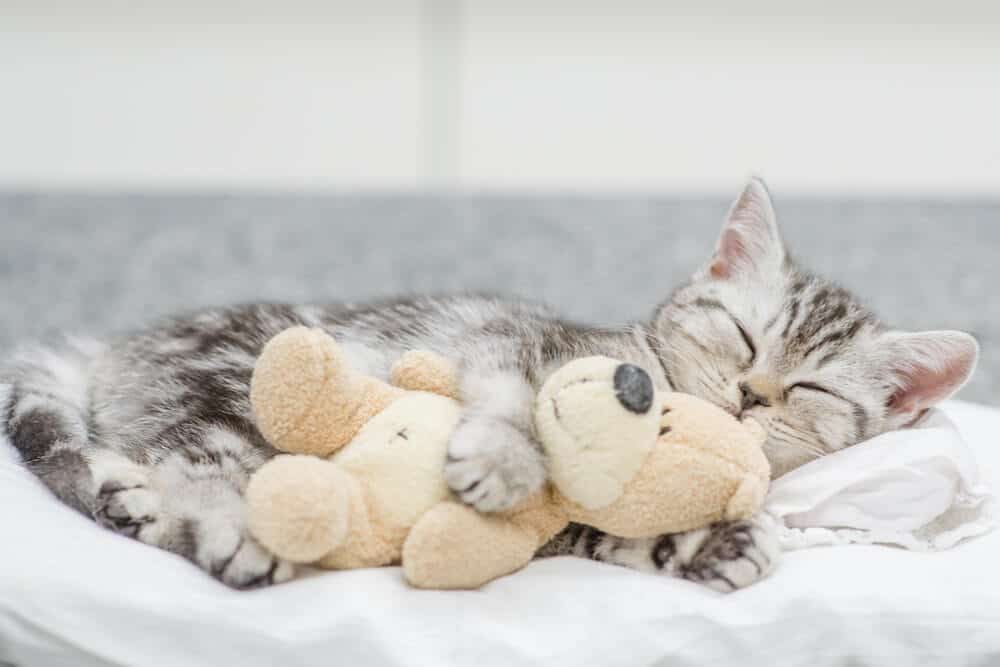
While it’s rare that a cat will want to eat it at all, keeping chocolate safely locked away in a cupboard and deterring your cat from exploring countertops will help to prevent chocolate ingestion and keep your kitty safe.
As with any harmful food that could cause toxicity, avoiding ingestion is always the best practice. By keeping poisonous and hazardous food out of reach, and providing your cat with a balanced diet, you will help them stay healthy:
- Be sure to keep chocolate in cupboards and ideally in cat-proof containers, as cats are rarely dissuaded by heights or doors!
- Try not to leave baked goods or even baking supplies unattended on the counter, or keep your cat out of the kitchen while baking.
- Do not let your cat on the counter while you are cooking
So, in conclusion, even if your cat does develop a taste for chocolate, you should never give in to treat them with human chocolate. Instead, find specially formulated and feline-safe treats to give them: chocolate for cats is never a good idea!
There are many cats treats available that will be much better for your cats’ health, including highly-nutritious treats and those formulated to improve dental health. With so many good cat-specific options available, there’s no reason to indulge your cat in anything but the best.
Read More: Top 6 Best Healthy Cat Treats
